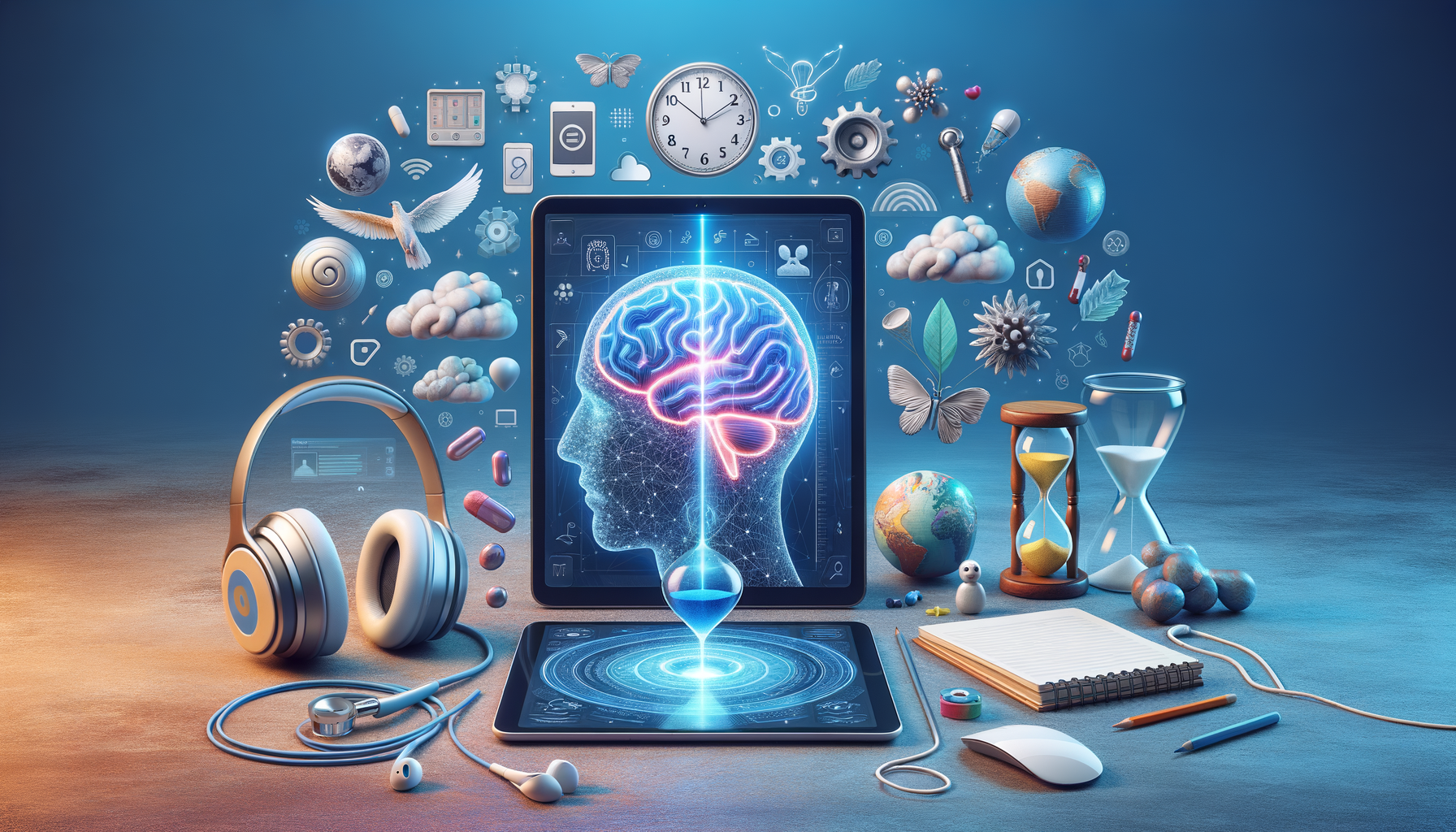Understanding ADHD: A Brief Overview
Attention Deficit Hyperactivity Disorder (ADHD) is a neurodevelopmental disorder that affects both children and adults. Characterized by symptoms such as inattention, hyperactivity, and impulsivity, ADHD can significantly impact daily functioning and quality of life. According to the Centers for Disease Control and Prevention (CDC), approximately 6.1 million children in the United States have been diagnosed with ADHD. The prevalence among adults is also notable, with many individuals experiencing symptoms that persist into adulthood.
ADHD is often misunderstood, with misconceptions about its causes and treatments. It is not merely a childhood disorder nor a result of poor parenting or lack of discipline. Instead, research suggests that genetic factors, brain structure variations, and environmental influences play a role in its development. Understanding ADHD is crucial for those affected by it, as well as for educators, healthcare providers, and families, to support individuals in managing their symptoms effectively.
Traditional Treatments for ADHD
Conventional treatments for ADHD typically involve a combination of medication and behavioral therapy. Stimulant medications, such as methylphenidate and amphetamines, are commonly prescribed and have been shown to improve attention and reduce hyperactive and impulsive behaviors. Non-stimulant medications, like atomoxetine, are also available for those who may not respond well to stimulants.
Behavioral therapies focus on modifying behavior patterns and developing coping strategies. Cognitive Behavioral Therapy (CBT) is one such approach that helps individuals identify and change negative thought patterns and behaviors. Parent training and classroom interventions are also integral components of traditional ADHD treatment, providing caregivers and educators with strategies to support individuals with ADHD.
While traditional treatments are effective for many, they may not be suitable for everyone. Some individuals experience side effects from medications, or they may prefer non-pharmacological approaches. This has led to increased interest in alternative and complementary treatments for ADHD.
Exploring Alternative Treatments
Alternative treatments for ADHD encompass a range of approaches that focus on lifestyle changes, dietary interventions, and holistic practices. These treatments aim to address the root causes of symptoms and promote overall well-being. While scientific evidence supporting these methods varies, many individuals report positive outcomes.
Dietary interventions often involve eliminating certain foods or additives that may exacerbate symptoms. The Feingold Diet, for example, eliminates artificial colors, flavors, and preservatives. Omega-3 fatty acid supplements are also popular, as they are believed to support brain health and improve attention.
Mindfulness and meditation practices are gaining traction as alternative treatments for ADHD. These practices can help improve focus, reduce stress, and enhance emotional regulation. Yoga, tai chi, and other forms of physical exercise are also beneficial, as they promote physical health and mental clarity.
The Role of Technology in ADHD Management
Technology is playing an increasingly significant role in the management of ADHD. Various apps and online platforms offer tools and resources to help individuals track symptoms, set reminders, and practice mindfulness techniques. These digital solutions provide accessible support and can be tailored to individual needs.
Virtual therapy sessions have become more common, offering convenience and flexibility for those seeking professional guidance. Telehealth services allow individuals to connect with therapists and healthcare providers from the comfort of their homes, making it easier to access support and maintain consistent treatment.
Additionally, digital games designed to improve cognitive function and attention are being explored as potential ADHD interventions. These games aim to enhance executive function skills, such as working memory and impulse control, in an engaging and interactive manner.
Conclusion: A Holistic Approach to ADHD Treatment
Managing ADHD effectively requires a comprehensive and individualized approach. While traditional treatments remain a cornerstone for many, exploring alternative methods can offer additional support and address unique needs. Embracing a holistic approach that includes lifestyle changes, dietary adjustments, and technology-based solutions can empower individuals with ADHD to improve their focus and overall well-being.
Ultimately, the goal is to create a supportive environment that enables individuals with ADHD to thrive. By understanding the diverse treatment options available, individuals, families, and healthcare providers can work together to develop a personalized plan that promotes success and enhances quality of life.




Leave a Reply